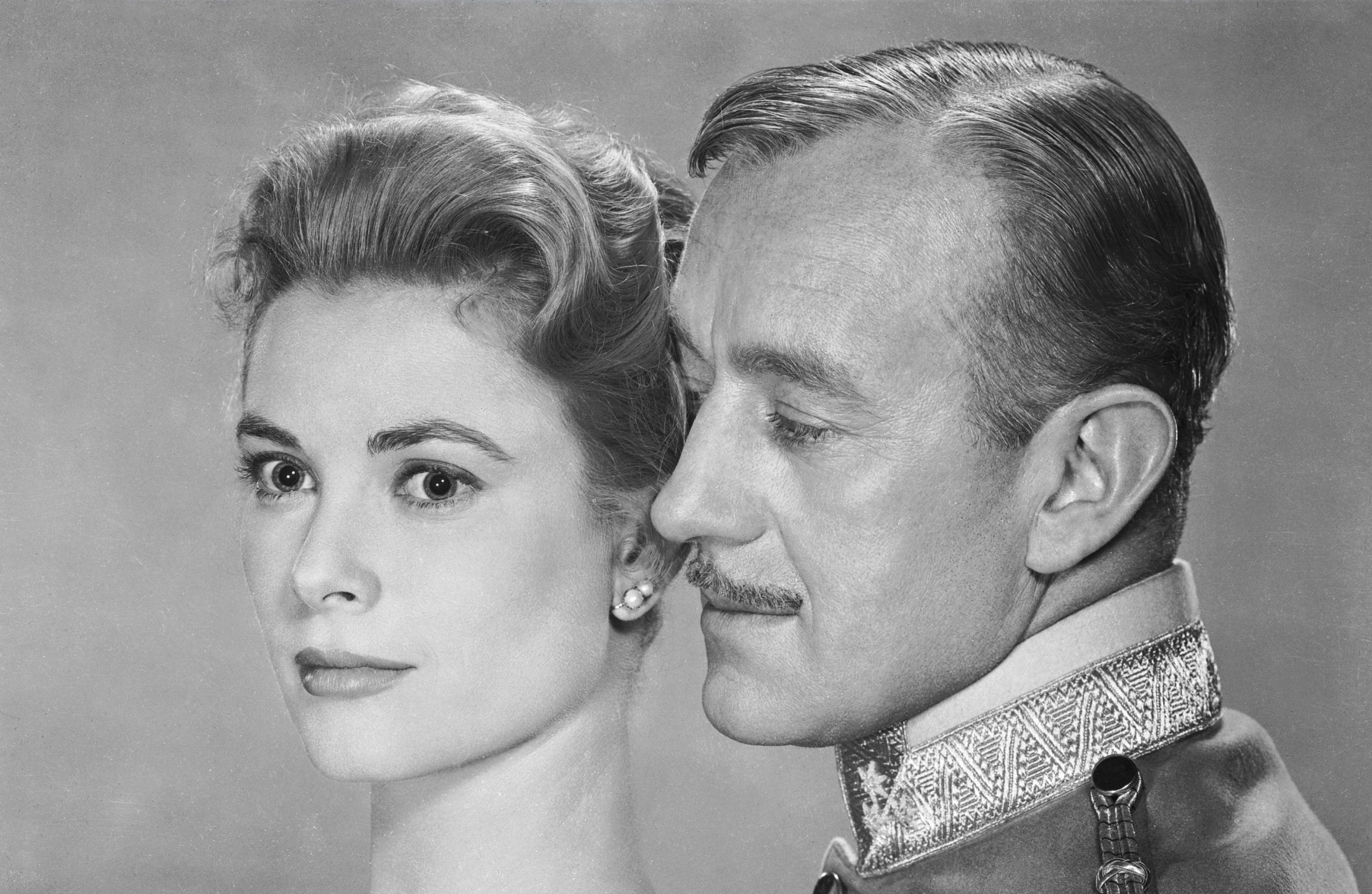sztroy.info – “The Swan,” released in 1956, is a romantic drama that offers a glimpse into the complexities of love and duty within the world of European aristocracy. Directed by Charles Vidor and based on the play by Ferenc Molnár, the film stars Grace Kelly, Alec Guinness, and Louis Jourdan in a story that balances romance with the constraints of royal expectations.
Plot Summary
Set in the early 20th century, “The Swan” centers around Princess Alexandra, played by Grace Kelly, who is caught in a delicate dance of love, tradition, and ambition. Her mother, Princess Beatrix, portrayed by Jessie Royce Landis, seeks to secure the family’s future by arranging a marriage between Alexandra and her cousin, Crown Prince Albert, played by Alec Guinness. However, Alexandra finds herself drawn to Dr. Nicholas Agi, her charming tutor, played by Louis Jourdan. The film explores the tension between personal desires and familial duties as Alexandra navigates her feelings and the expectations imposed on her by royal life.
Cinematic Techniques
“The Swan” is notable for its elegant portrayal of aristocratic life, with lavish sets and costumes that capture the opulence of the period. The film’s cinematography, helmed by Joseph Ruttenberg, emphasizes the grandeur of the settings, from sprawling estates to intimate garden parties, providing a visually rich backdrop to the unfolding drama. The film’s music, composed by Bronislau Kaper, complements the narrative’s romantic and regal tones.
Themes and Interpretations
At its heart, “The Swan” is a study of the conflict between love and duty. It examines the constraints placed on individuals by societal expectations and the courage required to pursue personal happiness. The film also reflects on the nature of power and privilege, questioning the true meaning of freedom in a world governed by tradition.
Legacy
“The Swan” holds a special place in cinematic history as one of Grace Kelly’s final films before she left Hollywood to become Princess of Monaco. Her performance adds a layer of authenticity to the role, given her own experiences with royalty. While not as well-known as some of her other films, “The Swan” is appreciated for its nuanced performances and its exploration of themes that resonate with audiences even today.
Conclusion
With its captivating performances and elegant storytelling, “The Swan” remains a poignant exploration of love and obligation. The film invites audiences to reflect on the balance between personal desires and the roles society expects us to play, ensuring its enduring appeal in the canon of classic cinema.
